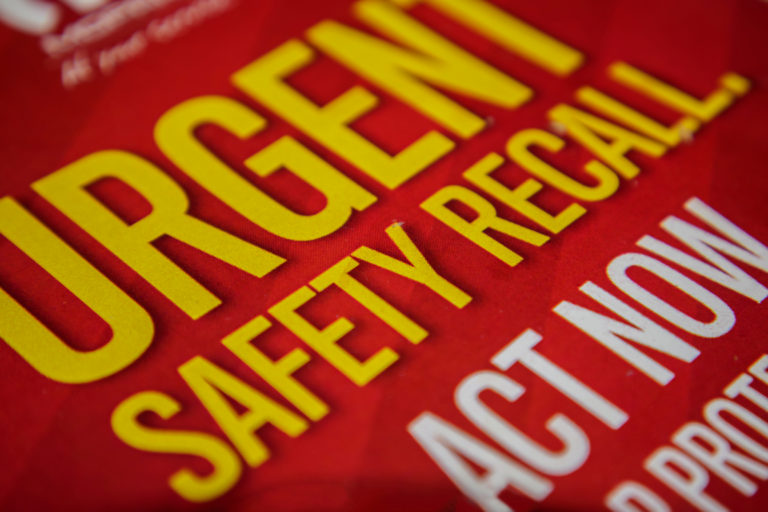Abbott Diabetes Care, the maker of the Freestyle Insulinx blood glucose meter, has initiated a voluntary Class I recall of this meter. A Class I is the most serious type of recall, involving a reasonable probability that use of this product will cause serious adverse health consequences. These meters display and store in memory an incorrect blood sugar level result if you have an extremely high blood sugar level (1,024 mg/dL and above). This high of a blood glucose level is rare, but importantly, is a serious health risk that requires immediate attention. The Freestyle Insulinx blood glucose meters were distributed from April 18, 2012 through April 1, 2013. If you have a Freestyle Insulinx blood glucose meter, the following options are available:
• Access a software update to install on your meter to resolve the issue at: www.freestyleinsulinx.com/swupdate1. The software update will allow you to maintain settings and historical data on your meter.
• Contact Abbott Diabetes Care Customer Service at 1-866-723-2697 to expedite return and replacement of your FreeStyle InsuLinx meter at no charge. Replacements are available, and Abbott will send a meter to you immediately upon request.
For the full FDA report, click here.
$260,000 Verdict
Motorcycle Accident
$600,000 Settlement
Bicycle Accident
$500,000 Recovery
Business Litigation
$850,000 Verdict
Business Litigation
$1,700,000 Verdict
Wrongful Death
Six Figure Settlement
Wrongful Death
$2.9 Million Verdict
Medical Malpractice
$1,900,000 Settlement
Bicycle Accident
$1,100,000 Settlement
Defective Product
$3.7 Million Settlement
Medical Malpractice
$625,000 Settlement
Construction Accident
$810,000 Recovery
Auto Accident
Six Figure Settlement
Nursing Home Abuse
$1,000,000 Settlement
Slip and Fall



